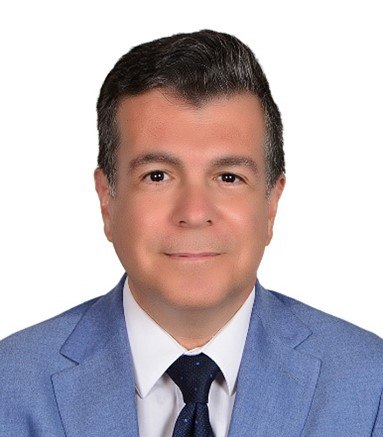Keywords: Ibn al-Haytham, Aristotle, Epistemology, Mathematics, Physics, Geometrical conception
Mathematics / Physics
Epistemological reflections on foundational scientific principles become pivotal in the reformative development of specific branches of the sciences. The methodological adjustments that accompany such critical circumstances in the unfolding of scientific knowledge necessitate a reclassification of established concepts by way of accommodating novel theoretical hypotheses or emergent conceptual constructs. Progress within a given scientific discipline depends at times on radical reforms in methodology, which result in rethinking the epistemic models that are shared with other branches in science.
To elucidate these dialectical dimensions in the evolution of innovative scientific rationalities, this study considers the phenomenon of ‘the mathematisation of physics’ in the context of history of the exact sciences in classical Islamic civilisation. This line of inquiry is specifically focused on the 11th century geometrical conception of space by the polymath al-Hasan ibn alHaytham (Alhazen; d. ca. 1041 CE) and his refutation of Aristotle’s physical definition of place.
Author

Professor Nader El-Bizri
Professor Nader El-Bizri is a philosopher and architect. He is currently affiliated with the University of Cambridge, and he was until recently the Dean of the College of Arts, Humanities, and Social Sciences at the University of Sharjah. Prior to that he was a Leverhulme Visiting Professor at Durham University and a tenured Professor at the American University of Beirut, where he served as the Associate Dean of the Faculty of Arts and Sciences, and as the Director of General Education. Before that he taught and conducted research across the academic ranks at the universities of Harvard, Nottingham, Lincoln, and at the CNRS in Paris and the IIS in London. He serves on various academic boards internationally and is the General Editor of the Epistles of the Brethren of Purity series that is published by Oxford University Press in association with the IIS. He has acted as advisor to the Science Museum in London, the Aga KhanA title granted by the Shah of Persia to the then Ismaili Imam in 1818 and inherited by each of his successors to the Imamate. Trust for Culture in Geneva, the Solomon Guggenheim Museum in Berlin, UNESCO in Paris, and Expo2020 in Dubai. He has been interviewed by the BBC and France Culture cultural programs, and in recognition of his contributions to the field, he has received awards and honours, including the Kuwait Foundation for the Advancement of Sciences Prize.

